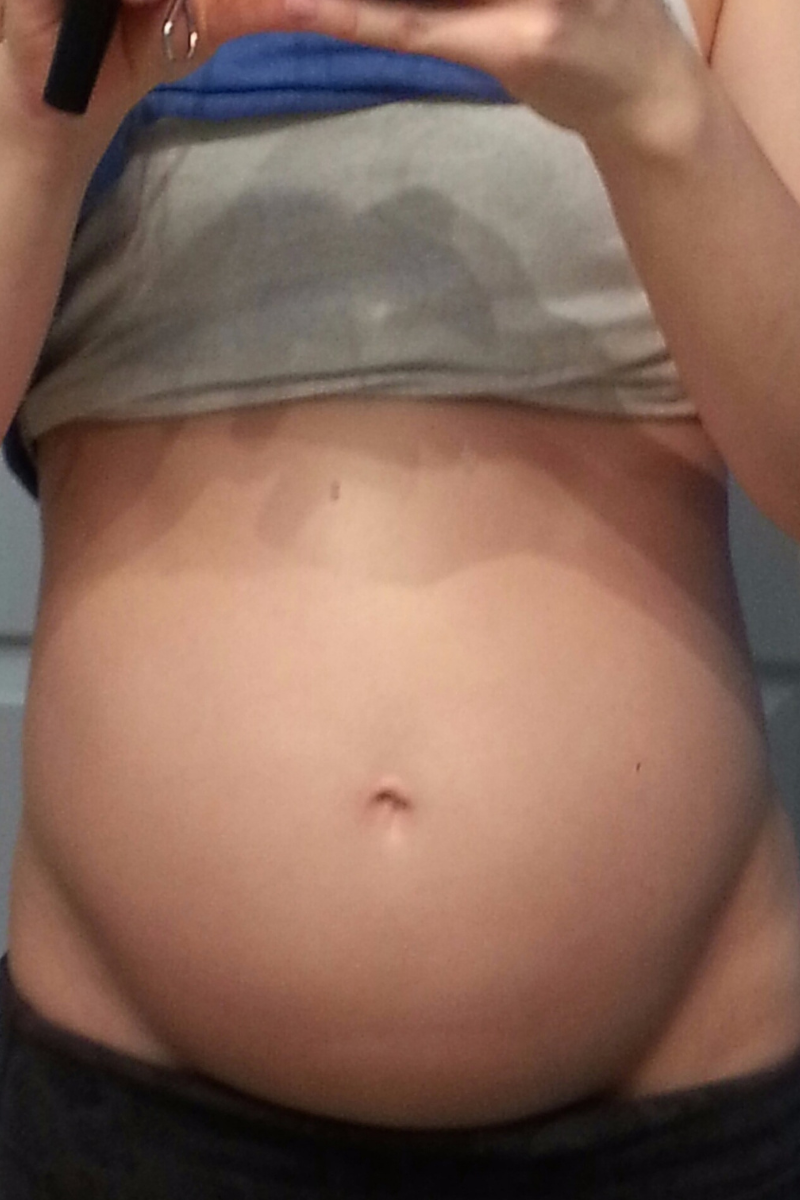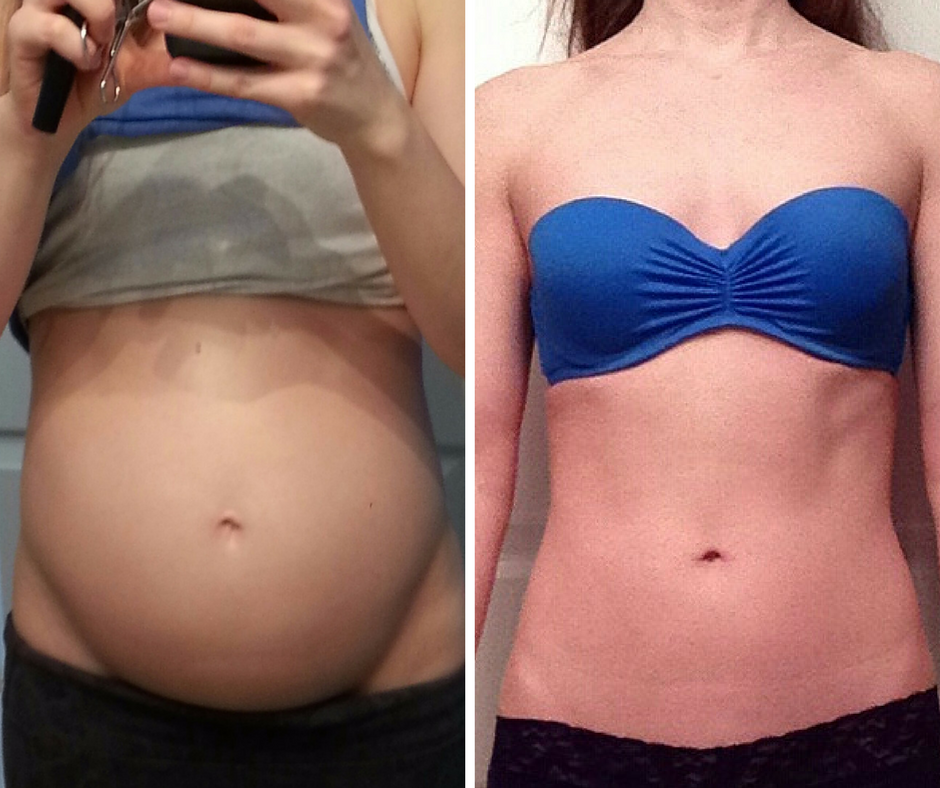“You have Irritable Bowel Syndrome. It’s a women’s thing- you’re all just afraid to poop”. This is what my (then) Doctor said as he wrote me a prescription.
At this point, I had been suffering from chronic IBS symptoms for two years. After following the standard advice to eat more fiber and drink lots of water yet not seeing any improvement at all, I was expecting to leave this appointment with a solid understanding of why I was experiencing these symptoms and a plan of action on how to fix them.
“Should I change my diet at all?” I tentatively asked the Doctor. “Nope. There is nothing you can do about IBS so don’t bother”.
I walked out of his office completely baffled and feeling far more confused than I walked in.
Looking back on my experience, I’m reminded of the feelings of desperation and isolation that I felt so strongly when I left the office. Desperate to know why this was happening to me, how I could feel “normal” again (or even if I would feel normal again) and isolated in that nobody could actually answer these things for me or understand what I was going through. I felt that I was completely alone in the process. Maybe that sounds like an over exaggeration or even selfish to an outsider but for those who have been there, know.
This is the driving force behind why I do what I do. I don’t want anyone to have the experience that I had. It’s just not necessary because thankfully, IBS is no longer the “we don’t know what’s wrong with you so we’re labelling it IBS” diagnosis that it once was. Here’s what I so desperately wished I knew ten years ago:
There is a Reason Why IBS Develops (and it’s not just in your head)
Or reasons, rather.
With current research, we now know that there are two underlying factors with IBS developing: an altered gut microbiome and a disruption in the Enteric Nervous System (“ENS”).
The ENS is one of the main divisions of the nervous system that governs the function of the gastrointestinal system, including digestion and motility. It’s quite literally the brain of your gut and is referred to as the Second Brain. When the ENS is thrown off- which can occur from a multitude of factors including stress, lack of sleep and gut infection- digestion and motility go out the window. This equates to lots of gas, bloating and either constipation and/or diarrhea.
An altered gut microbiome can look like one or a combination of these: yeast overgrowth, Small Intestine Bacterial overgrowth, parasitic infection, bacterial infection or just straight up not enough good bacteria. Keep reading to find out how you know if you have a wonky gut microbiome.
There is Testing Available
Colonoscopies, x-rays, ultrasounds and scopes are the standard in testing to rule out any structural abnormalities. This is important and should not be overlooked; however, two equally important tests for those with chronic IBS symptoms are the Comprehensive Diagnostic Stool Analysis (CDSA) test and the Small Intestine Bacterial Overgrowth (SIBO) test. The CDSA will tell you which good and bacteria are present (or not present!), if there is yeast overgrowth or parasitic infection, how well you are digesting your food and inflammation levels. The SIBO test will tell you if there is bacteria overgrowth in the small intestine. Side note: it is estimated that up to 84% of people with IBS have SIBO.
Both tests together will give you a full picture of your digestive system.
The Right Diet Helps Immensely
My utter disbelief in being told that diet doesn’t help IBS eventually lead to some pretty major life changes to say the least, hah!
The Low FODMAP Diet is the most effective dietary treatment of IBS. It is an elimination diet that removes highly fermentable foods which people with IBS have trouble digesting. As with all elimination diets- it is a temporary diet to be followed until your symptoms are under control at which point foods are strategically reintroduced to pinpoint which ones do and don’t work for you.
If you haven’t tried the Low FODMAP diet, let me tell you- it’s a game changer. You can try it with my free 7-Day Debloat Meal Plan for IBS. Download it here.





+ show Comments
- Hide Comments
add a comment